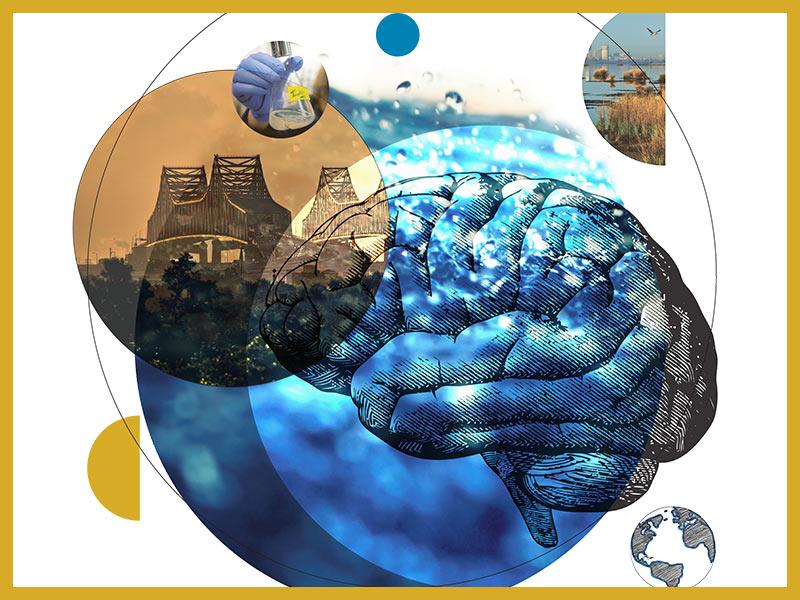Tulane’s raison d’être
Robin Forman, provost and senior vice president for academic affairs at Tulane, has a big job. He, along with the deans of the university’s 10 schools and colleges, leads Tulane’s extraordinary faculty, a collection of more than a thousand creative and ambitious intellectual explorers.
“Tulane was founded to solve problems. It’s the reason why we’re here,” says Forman. “And it’s a primary reason students come. Tulane students are attending one of the nation’s great research universities and they get to work with and alongside, and learn from, leading scholars who are continually enhancing our understanding of the world and what’s possible.”
Great research universities don’t just answer questions, they ask new questions. “Asking a really good question can have more of an impact than answering a question,” says Forman. “It can drive inquiry. It can drive conversation. It can drive exploration. It can inspire people. A good question can change the world.”
“Tulane was founded to solve problems. It’s the reason why we’re here.”
— Robin Forman, provost and senior vice president for academic affairs
New questions open new areas of exploration, but that “doesn’t make the work we were already doing any less important,” says Forman. “So if we want to lead in these new areas, and answer these emerging questions, if we want to play an ever larger role on a national and global stage, we need to grow.”
That’s where the campaign comes in. “The research we are doing is expensive,” says Forman. “Money matters—it is often the limiting factor. If we want to continue to be on the leading edge, we need to continue to invest.”
It’s about being able to hire the faculty, support them, giving them the tools, facilities and equipment that they need to do their work.
“Being a leading research university is in some ways harder than it’s ever been because the world is changing faster than it ever has,” says Forman. “Higher education by its nature doesn’t change that fast.”
But changing quickly is necessary if Tulane wants to be at the leading edge of brain science and other areas where the university is asking new questions and deriving new insights, Forman adds.
“In brain science, for example,” says Forman, “we are able to explore phenomena that would have been unimaginable 20 years ago. Compared to today, we knew almost nothing about the brain back then. So, in some sense, all of the questions are new.”
Don’t ask Forman to single out the most exciting, impactful research at Tulane. He can’t do that. That would be “like asking a parent to choose their favorite child,” he says. He will say that some of the most rewarding projects are “ones that matter deeply to our local community, whether that’s New Orleans or the Gulf South, and that are of global relevance and importance. Some of the most exciting projects are where those two intersect.”
Editor's note: This story was originally published in the March 2018 issue of Tulane magazine.


